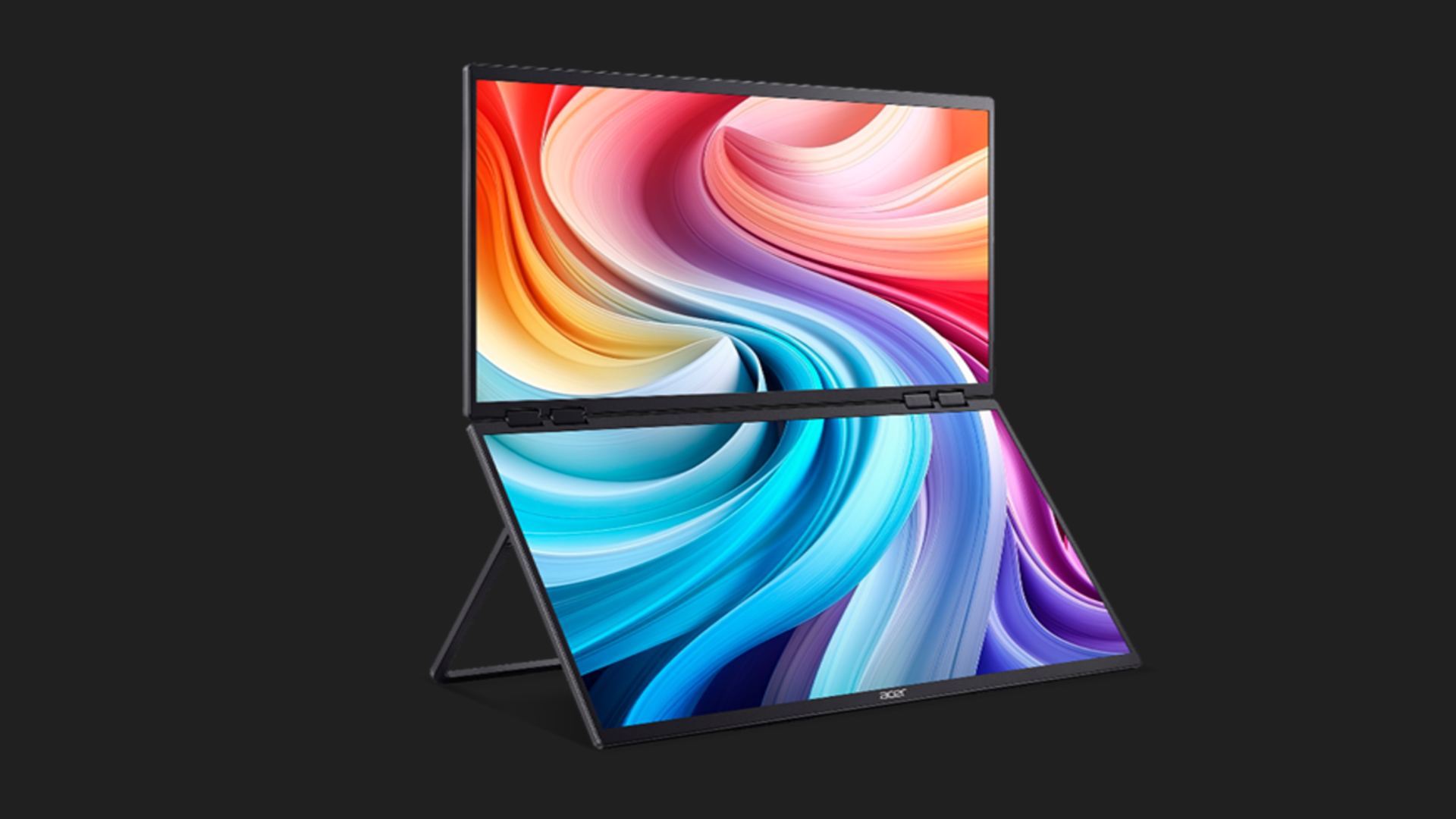Researchers Build 'The World's Fastest Petahertz Quantum Transistor'. They Predict Lightwave Electronics
"What if ultrafast pulses of light could operate computers at speeds a million times faster than today's best processors?" asks the University of Arizona. "A team of scientists, including researchers from the University of Arizona, are working to make that possible." In a groundbreaking international effort, researchers from the Department of Physics in the College of Science and the James C. Wyant College of Optical Sciences demonstrated a way to manipulate electrons in graphene using pulses of light that last less than a trillionth of a second. By leveraging a quantum effect known as tunneling, they recorded electrons bypassing a physical barrier almost instantaneously, a feat that redefines the potential limits of computer processing power. A study published in Nature Communications highlights how the technique could lead to processing speeds in the petahertz range — over 1,000 times faster than modern computer chips. Sending data at those speeds would revolutionize computing as we know it, said Mohammed Hassan, an associate professor of physics and optical sciences. Hassan has long pursued light-based computer technology and previously led efforts to develop the world's fastest electron microscope... [T]he researchers used a laser that switches off and on at a rate of 638 attoseconds to create what Hassan called "the world's fastest petahertz quantum transistor... For reference, a single attosecond is one-quintillionth of a second," Hassan said. "That means that this achievement represents a big leap forward in the development of ultrafast computer technologies by realizing a petahertz-speed transistor." While some scientific advancements occur under strict conditions, including temperature and pressure, this new transistor performed in ambient conditions — opening the way to commercialization and use in everyday electronics. Hassan is working with Tech Launch Arizona, the office that works with investigators to commercialize inventions stemming from U of A research in order to patent and market innovations. While the original invention used a specialized laser, the researchers are furthering development of a transistor compatible with commercially available equipment. "I hope we can collaborate with industry partners to realize this petahertz-speed transistor on a microchip," Hassan said. Thanks to long-time Slashdot reader goslackware for sharing the news. Read more of this story at Slashdot.

Read more of this story at Slashdot.













































































































































































![[The AI Show Episode 148]: Microsoft’s Quiet AI Layoffs, US Copyright Office’s Bombshell AI Guidance, 2025 State of Marketing AI Report, and OpenAI Codex](https://www.marketingaiinstitute.com/hubfs/ep%20148%20cover%20%281%29.png)


![[The AI Show Episode 146]: Rise of “AI-First” Companies, AI Job Disruption, GPT-4o Update Gets Rolled Back, How Big Consulting Firms Use AI, and Meta AI App](https://www.marketingaiinstitute.com/hubfs/ep%20146%20cover.png)
























































































































![[FREE EBOOKS] The Embedded Linux Security Handbook, Modern Generative AI with ChatGPT and OpenAI Models & Four More Best Selling Titles](https://www.javacodegeeks.com/wp-content/uploads/2012/12/jcg-logo.jpg)





![Laid off but not afraid with X-senior Microsoft Dev MacKevin Fey [Podcast #173]](https://cdn.hashnode.com/res/hashnode/image/upload/v1747965474270/ae29dc33-4231-47b2-afd1-689b3785fb79.png?#)
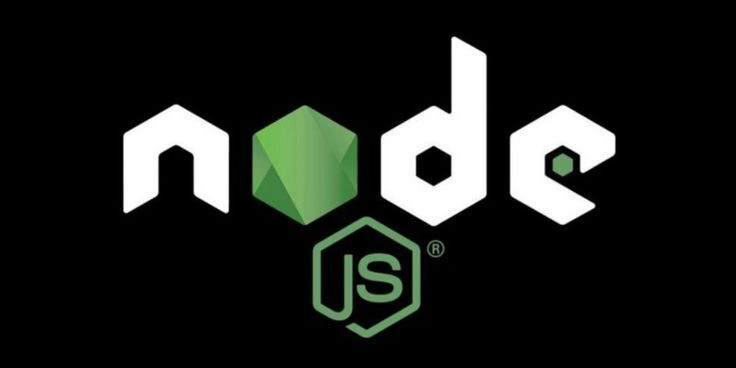






































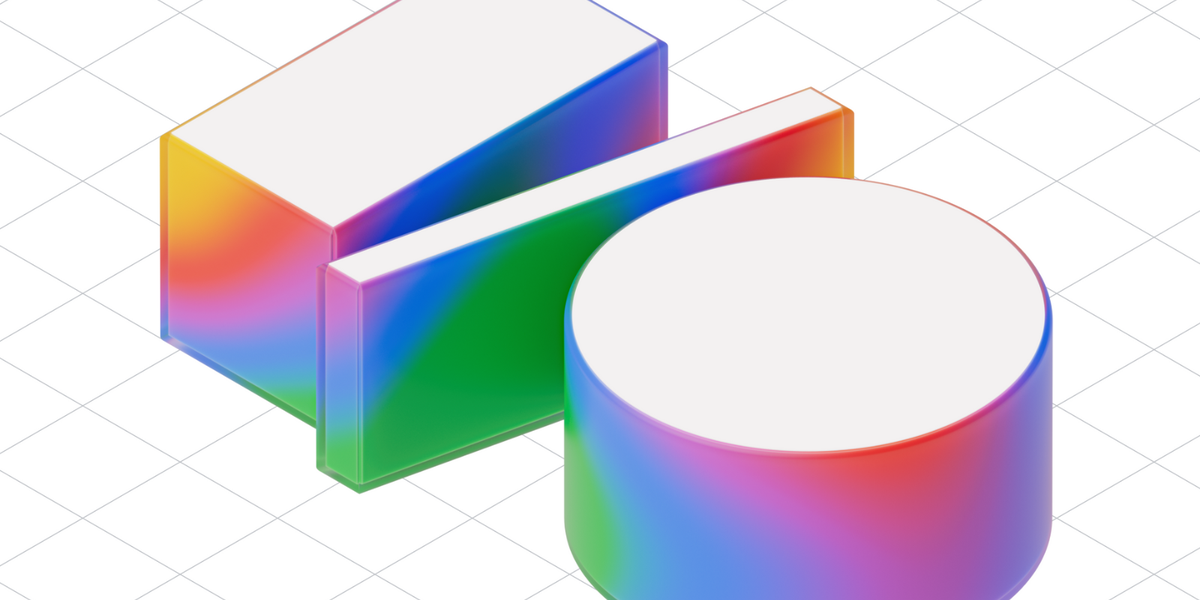






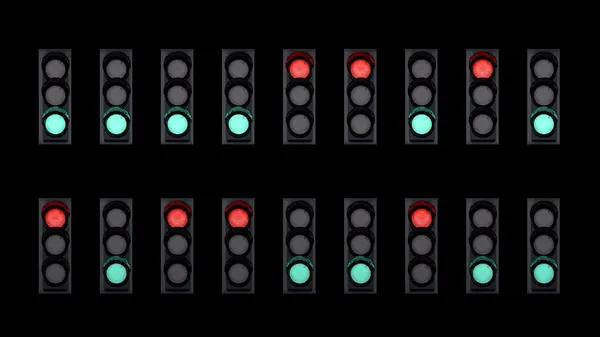

























































































_David_Hall_-Alamy.jpg?width=1280&auto=webp&quality=80&disable=upscale#)
_Andriy_Popov_Alamy_Stock_Photo.jpg?width=1280&auto=webp&quality=80&disable=upscale#)





















































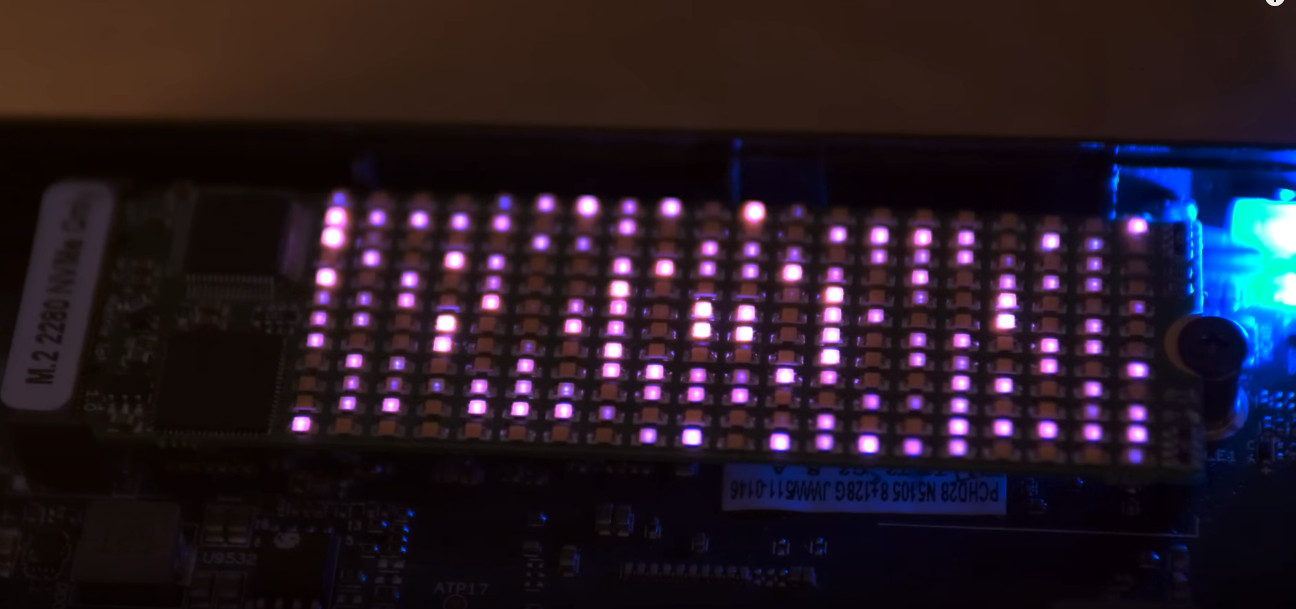
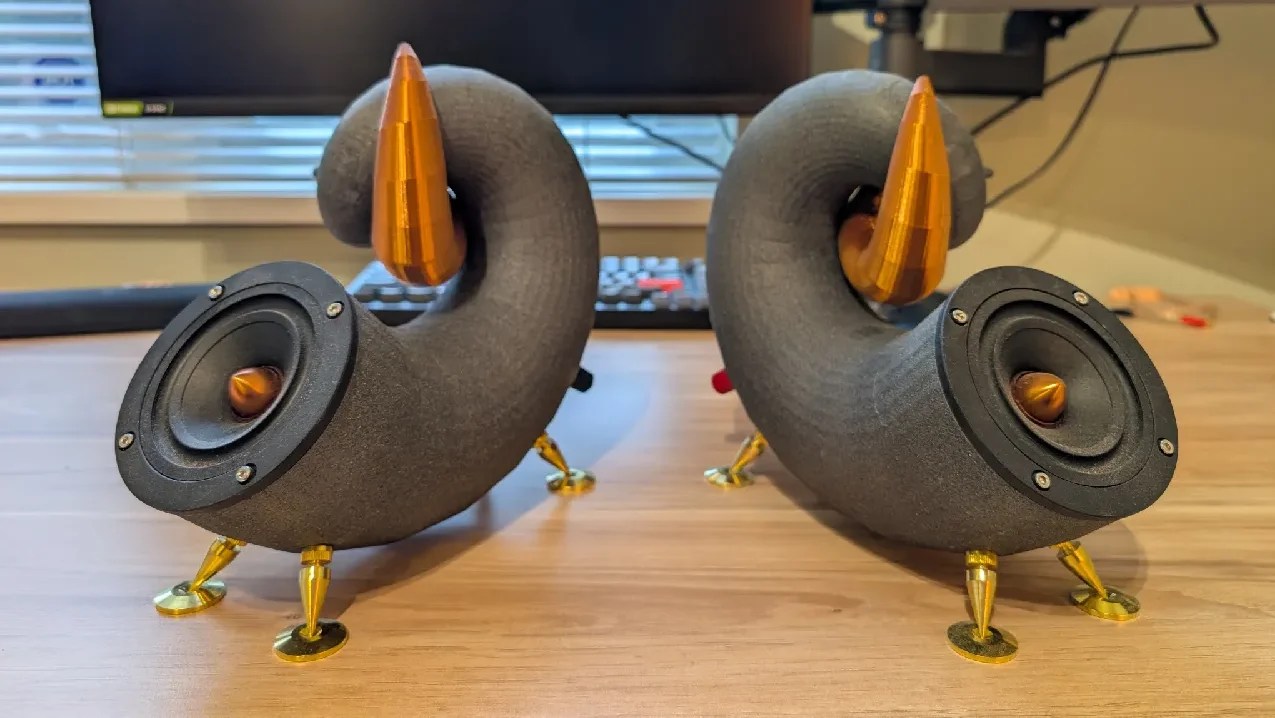

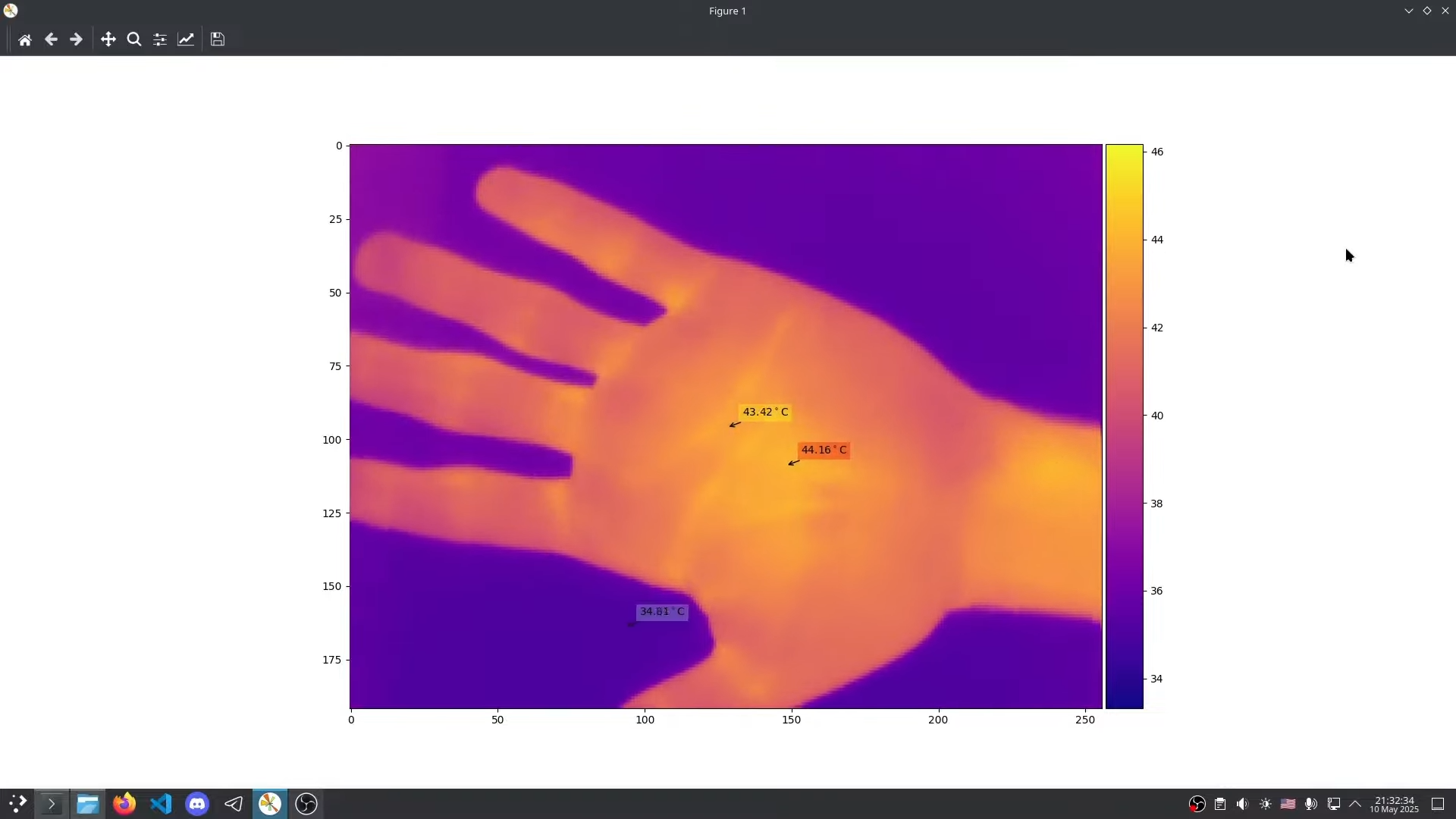






































![This ultra-thin Qi2 charger belongs in any travel pack [Hands-on]](https://i0.wp.com/9to5mac.com/wp-content/uploads/sites/6/2025/05/Kuxiu-FI.jpg.jpg?resize=1200%2C628&quality=82&strip=all&ssl=1)












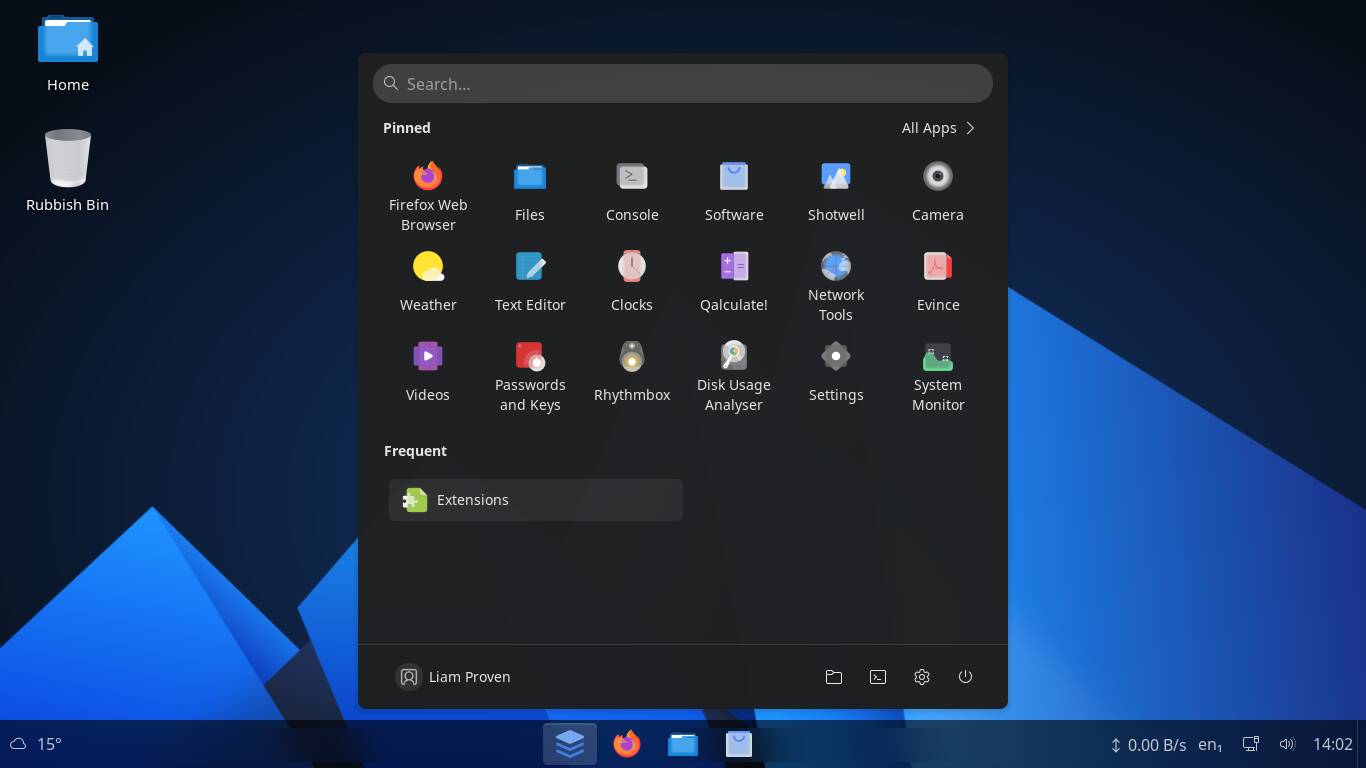
![Xiaomi Tops Wearables Market as Apple Slips to Second in Q1 2025 [Chart]](https://www.iclarified.com/images/news/97417/97417/97417-640.jpg)


![Apple Shares Official Trailer for Season 2 of 'The Buccaneers' [Video]](https://www.iclarified.com/images/news/97414/97414/97414-640.jpg)















